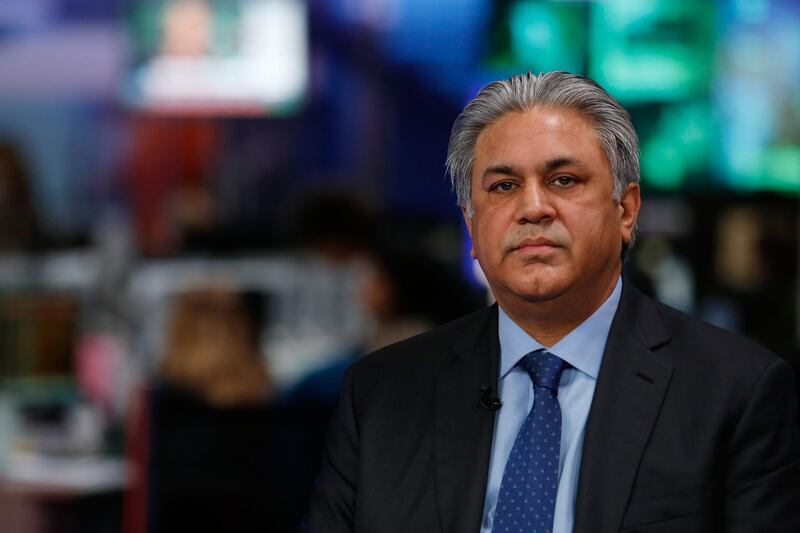"There is no smoke without fire. Be the hero in your firm and uncover the truth." This warning, contained in emails seen by The National, speaks to a climate of secrecy at Abraaj. The Dubai-based private equity company, which managed investments totalling $14 billion at its peak, was forced into liquidation last June, after a group of investors, including the Bill and Melinda Gates Foundation, investigated alleged financial mismanagement of its healthcare fund. Founder Arif Naqvi now faces extradition to the US and a host of very serious charges. At £15 million, his bail is the highest ever in the UK – a fitting detail in a story that has sent ripples through the region's financial industry and beyond. The reasons for the firm's downfall are varied and complex and include unforeseen external factors such as the economic fallout from the collapse of oil prices from their 2014 peak. However, some leaks and reports indicate that Abraaj did not have strong enough foundations to withstand such ill economic winds. Instead, it is alleged, the company relied on overvaluing its assets, redirecting funds and misleading investors.
If this picture proves to be true, it will be a dramatic fall for what was one of the leading lights of the Middle East financial scene. Mr Naqvi and Abraaj were annual fixtures in Davos and it they were highly valued patrons of the arts in the region. To some extent, Abraaj's reputation helped the alleged fraud remain hidden. The Bill and Melinda Gates Foundation and its co-investors deserve credit for following up on their concerns and commissioning an audit. Potential investors certainly had a responsibility to perform due diligence before committing funds to any scheme, regardless of Abraaj's reputation. Yet as The National reported, some received warnings and ignored them. Plenty of soul searching is likely to follow this sorry episode. The Abraaj scandal reaffirms the need for a commitment to corporate governance and transparency because robust checks and balances are the primary bulwark against financial crime. More importantly it makes it harder for a blind eye to be turned toward it by those who are in a position to stop it.
The Dubai Financial Services Authority is now in contact with its American counterpart over the Abraaj scandal, and has itself been investigating a range of matters involving the firm. Meanwhile, rigorous legal proceedings are currently ongoing and this story is yet to be completed. With international auditors involved, and charges brought in the US, this is a case of international significance. And it serves as a cautionary tale for executives and firms alike, proving definitively that no company is too big to fail.





